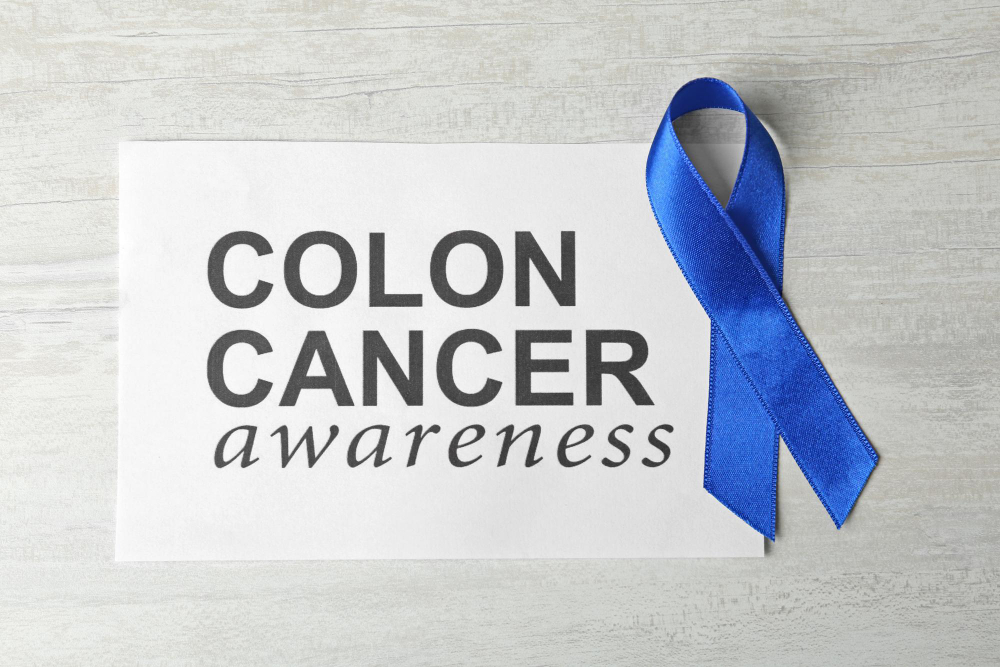As seasoned gastroenterologists, we are acutely aware of the impact that Colorectal Cancer (CRC) has on lives across the U.S. With March being CRC Awareness Month, it’s a critical time for us at GI Alliance to emphasize the growing concern of CRC, especially among younger adults. It’s startling to see that CRC is the second leading cause of cancer-related deaths in the nation. This year, it was predicted that over 150,000 individuals would be diagnosed, and more than 50,000 could lose their lives to this disease.
The trend of CRC affecting younger adults is particularly alarming. Since 1995, there’s been a doubling in diagnoses for individuals under 55, a demographic traditionally not screened as early as perhaps they should be. We’ve found that many younger adults may not realize their risk, possibly overlooking early symptoms. This oversight can lead to diagnoses at more advanced stages, where treatment options dwindle and survival rates plummet.
At GI Alliance, we know that 30% of patients eligible for a colonoscopy have never received one. Our goal is to clearly communicate the significant differences in survival rates between early and late detection of colorectal cancer in order to encourage patients to undergo screenings promptly.
Colonoscopy: The Gold Standard in CRC Prevention
Though non-invasive CRC screening options have gained popularity, they can miss up to 8% of colon cancers and over half of pre-cancerous polyps. They also carry a 12% false-positive rate. Such methods may give a false sense of security, leading some to delay getting a colonoscopy, the only procedure that can both detect and prevent cancer. At GI Alliance, we advocate for a colonoscopy because it allows us to identify, remove, and test polyps in one go—capabilities that non-invasive tests simply don’t offer.
When CRC is found early, the 5-year survival rate is 90%. This drops to below 20% for late-stage discoveries. That’s a gap we’re dedicated to closing.
Dispelling Myths and Easing Patient Concerns
Many patients avoid colonoscopies, not because of the procedure itself but due to the preparatory process. At GI Alliance, we provide resources and tips to make the preparation more bearable. Adjusting diet, drinking the laxative cold through a straw, and setting up a comfortable environment can significantly reduce the anxiety surrounding prep day.
We also strive to dispel myths about colonoscopies, like the misconception that they’re only for people with symptoms, or that they’re more necessary for men than women. By educating patients on risk factors beyond symptoms and ensuring them that the process is discreet, and clinicians are compassionate, we can break down the stigma and vulnerability associated with the procedure.
Removing Barriers and Encouraging Compliance
With more than one in twenty individuals being diagnosed with CRC in their lifetime, and the increasing incidence at earlier ages, it’s imperative that we focus on patient education and proactive intervention. The American College of Gastroenterology offers numerous resources, including an educational toolkit.
As we navigate through CRC Awareness Month, our mission at GI Alliance remains steadfast: to educate, support, and provide the highest standard of care. We believe that by spreading awareness, dispelling myths, and improving access to screenings, we can change the narrative around CRC and save countless lives. Our commitment is to our patients and to the fight against colorectal cancer, ensuring that every individual understands their risk and has access to the gold standard of preventive care. Join us in making every conversation count; let’s work together to encourage screenings and take proactive steps toward a healthier future.


